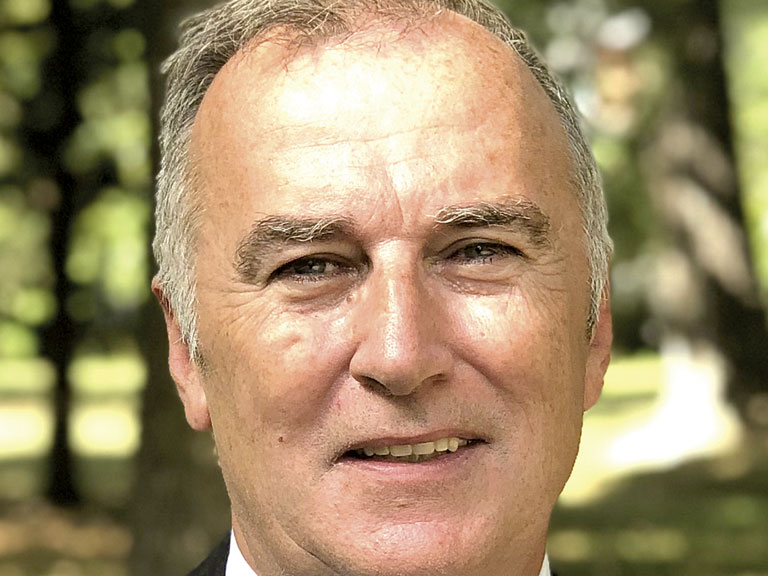Federal Election
Neil Ellis

Liberal Party of Canada
Neil Ellis was born and raised in Belleville and has enjoyed a long history of contributing to the Bay of Quinte in a variety of roles. Ellis was elected as the Member of Parliament for the Bay of Quinte in 2015. He has owned and operated a successful local business for nearly 30 years, and from 2006-2014, he served as Mayor of the City of Belleville. A committed leader and visionary, he championed innovative strategies to address a serious shortage of family physicians and other health practitioners in the region, and also introduced local infrastructure improvements. These professional and public service roles have enabled Ellis to gain an extensive knowledge of the Bay of Quinte region, and to establish strong, positive working relationships with business leaders, other elected officials, and community partners throughout Belleville, Prince Edward County and Quinte West. As Member of Parliament for the Bay of Quinte, Ellis says he has been a strong advocate for local infrastructure investments, which he sees as a key to promoting economic growth and creating a better quality of life for his constituents. Ellis obtained a Bachelor of Arts degree in Law and Psychology from Carleton University, in addition to a Chartered Director (C. Dir.) and Human Resources Compensation Committee Certification (H.R.C.C.C.), both professional designations, through McMaster University’s Directors College programs.
Ellis says that initiatives to deal with affordable housing are already well underway as a National Housing Strategy has been implemented, bringing with it $5.5 million in funding for new units or retrofits to existing units in the Bay of Quinte region. Ellis also says this is only the beginning. “Pending a re-election we will see more of this money rolling into our riding,” promises Ellis. “ I have worked with various organizations that are building affordable housing in our community for example Love Song Housing in Bloomfield and they will hopefully be able to tap into the National Housing Strategy programs for funding if we are successful in the election,” says Ellis.
Ellis also says the current Liberal immigration program has been quite successful. After being elected in 2015, the Liberals began reviewing applications for Syrian refugees to resettle in Canada. “Locally, we have many Syrian families that are active members of our community, starting small businesses, attending post-secondary school. These families are now becoming Canadian citizens,” says Ellis. He also points to the migrant workers that the County welcomes each year. “Prince Edward County, especially, utilizes our immigration policies when hiring temporary foreign workers for the harvest season on our farms and in our vineyards.” Ellis says that moving forward his government will continue to welcome immigrants to Canada, focusing on skilled workers for the Canadian workforce.
When asked about Canada’s current financial woes, Ellis says that even though there is a financial deficit, his party has made prominent investments in Canada’s environment and in infrastructure. “Investing in our communities, and people, is key in building a strong economy,” says Ellis. “As a former mayor, I have seen the problems we face when there is an infrastructure deficit. If we do not invest in our communities and help our country prosper, the financial deficit will be the least of our problems.” Ellis even claims that Canada’s economy is thriving. “When we formed government, we were lacking in various investments across the country. Now, after making critical investments, our economy is at its peak, and the financial deficit will balance itself out as finances roll in due to a booming economy.”
Ellis says that his government has created over a million jobs since being elected, meaning the unemployment rate across the country is at a historic low. “We have invested in small businesses and are committing to continuing these trends if we are re-elected,” he says. Ellis says his government lowering the small business tax rate from 11 per cent to 9 per cent and negotiating new trade deals to allow businesses to reach new markets have been part of this success.

Comments (0)